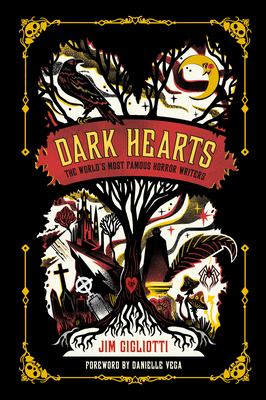[button color=”black” size=”big” link=”http://affiliates.abebooks.com/c/99844/77798/2029?u=http%3A%2F%2Fwww.abebooks.com%2Fservlet%2FSearchResults%3Fisbn%3D9780345447982″ target=”blank” ]Purchase here[/button]
Planet of the Apes
by Pierre Boullé
Our older readers, and some younger ones who stay up past their bedtime watching cable TV, may remember a long series of movies from the 1960s or so, beginning with Planet of the Apes starring Roddy McDowell and Charlton Heston. In and amongst those movies were two or three TV series spinoffs. Only a couple of years ago, Tim Burton resurrected and refurbished the concept in a big-budget picture starring Mark Wahlberg.
Predictably, there was even a novel version of Planet of the Apes, adapted from the Tim Burton screenplay. I can’t help finding this unbearably ironic, because the whole franchise started with this original novel by Pierre Boullé (translated from French by Xan Fielding). It just goes to show how one idea leads to another, again and again, until the original idea is practically forgotten. Boullés novel is still in print, and I think it will be regarded as a sci-fi/fantasy classic long after the film-novelization is sunk in obscurity.
I don’t think Boullé thought he was writing a science fiction book. I think he was writing more of a social-criticism parable, lampooning the foibles of the human race. It raises the question of whether too much civilization may make things too easy for mankind, taking away our motivation to grow and think and learn, and finally taking away our ability to do the things that make us human. Ironically, perhaps, Boullé envisioned a point in the human races development when the quest for knowledge, labor-saving technology, and world peace–having been the driving force behind so many great advances in our history–might turn against us. He envisioned people falling into such a state of blowzy complacency that they ceased to be “persons” at all.
Taking this idea together with the theory of evolution, the ages-long rise and fall of one dominant species after another, Boullé conceived this creepy, shocking morality tale in which a Professor and his two assistants travel in an experimental rocket-ship to a far-distant planet. There they find a world where human beings have become less than naked savages: mere animals, dumb brutes incapable of conscious thought or speech…where civilization belongs to the apes: chimpanzees, organgutans, baboons, and especially gorillas.
The ironic flip-side of Boullés vision is that these animals, already relatively intelligent, learned the first rudiments of language and technology from human beings. They kept progressing onward and upward, while the human race went into decline. Humans are hunted, trained and pressed into servitude, sometimes used for cruel experiments, sometimes simply exterminated as pests. Now come men from the skies who can think and talk like civilized apes, but look like the brutish humans who live there. Obviously theyre in trouble, especially if they ever hope to see Earth again.
The adventure of Ulysse, a young traveler from Earth hopelessly stranded on a planet whose natural history has alarming parallels to our own, and the friends he makes among both apes and men, make up a gripping tale with a grimly ironic ending. This all illustrates exactly what we learn from the evolution of this original novel into a cheap screenplay-novelization: namely, any path, if followed blindly and carelessly, can lead to a place that defeats the whole reason for starting down the path in the first place. Beware lest we become too proud and boastful in our powers, for the meek shall inherit the earth.


